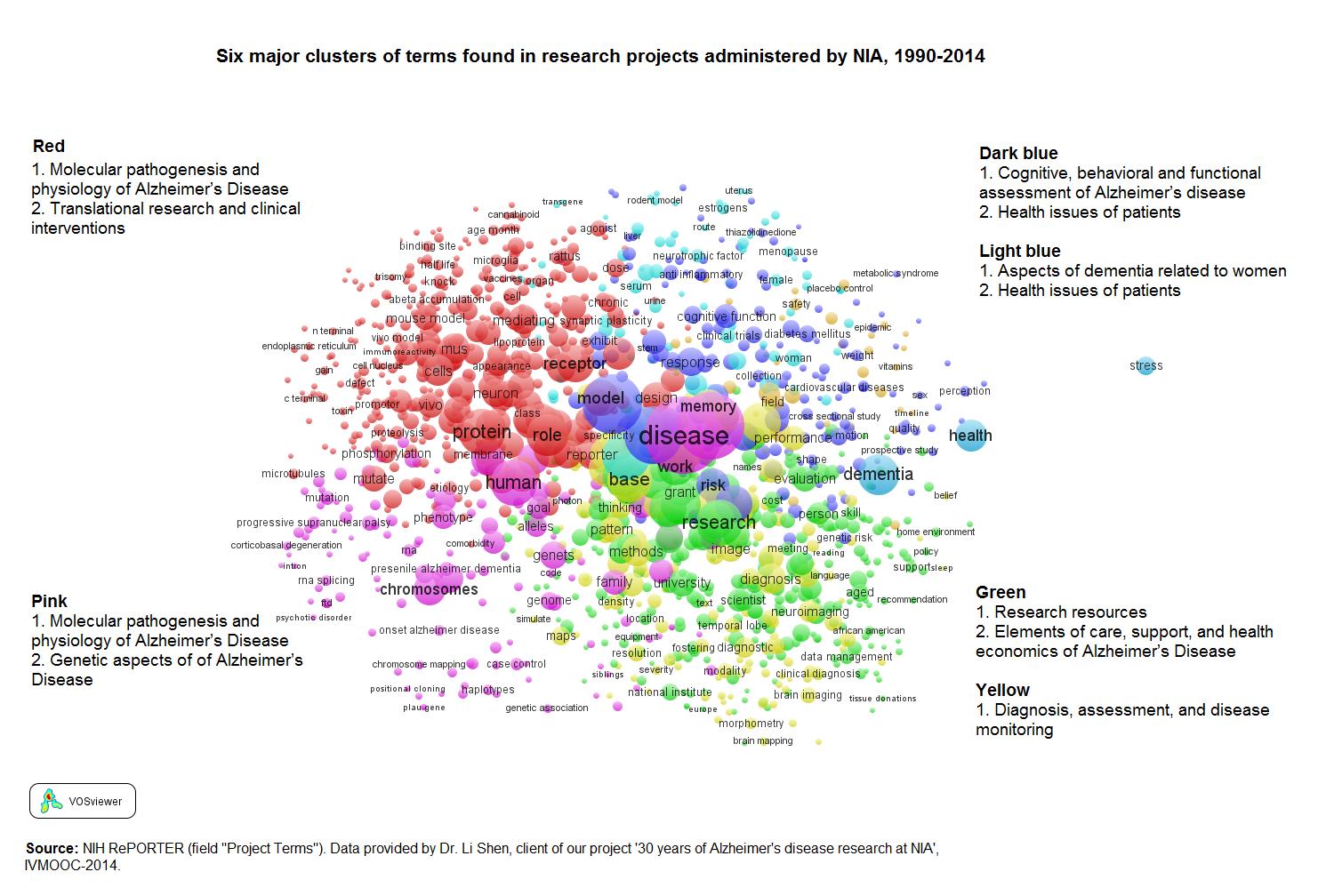Caring for a loved one with Alzheimer’s disease is a journey that requires patience, understanding, and compassion. As the most common form of dementia, Alzheimer’s gradually impairs memory and cognitive function, presenting unique challenges for both those affected and their caregivers. In this article, we aim to provide practical guidance and heartfelt support to help you navigate this complex landscape. By fostering an environment of empathy and respect, we can enhance the quality of life for seniors with Alzheimer’s, while also nurturing our own well-being. Join us as we explore effective strategies, share personal insights, and offer a roadmap to ensure that your caregiving experience is as rewarding as it is supportive.
Understanding the Emotional and Cognitive Needs of Seniors with Alzheimers
Alzheimer’s disease presents a unique set of challenges that affect both the emotional and cognitive well-being of seniors. Understanding these needs is crucial for providing effective support. Emotionally, seniors may experience feelings of confusion, frustration, or anxiety due to memory loss and disorientation. It’s essential to create a calming environment that fosters a sense of security and comfort. This can be achieved by:
- Maintaining a consistent daily routine to reduce anxiety.
- Engaging in meaningful activities that are familiar and enjoyable.
- Using soothing music or gentle lighting to create a peaceful atmosphere.
Cognitively, seniors with Alzheimer’s benefit from activities that stimulate their brain function and preserve cognitive skills for as long as possible. Here are some strategies to support their cognitive needs:
- Encourage participation in puzzles or games that challenge the mind.
- Facilitate social interactions to keep them engaged and connected.
- Introduce memory aids like labeled photos or simple notes to help with orientation.
| Emotional Needs | Cognitive Needs |
|---|---|
| Consistency | Brain-stimulating activities |
| Meaningful engagement | Social interactions |
| Calming environment | Memory aids |

Creating a Safe and Comfortable Environment for Alzheimers Patients
Ensuring the safety and comfort of individuals with Alzheimer’s disease requires thoughtful modifications and attentive caregiving. Creating a secure environment is crucial to prevent accidents and promote peace of mind for both the patient and their caregivers.
- Declutter spaces: Keep pathways clear and remove tripping hazards such as loose rugs and electrical cords.
- Install safety features: Use grab bars in bathrooms, non-slip mats, and ensure proper lighting in all areas to reduce fall risks.
- Secure hazardous items: Lock away cleaning supplies, medications, and sharp objects.
- Use labels and signs: Clearly mark rooms, drawers, and cabinets to help patients navigate their surroundings.
Comfort is equally important. Create a familiar and calming atmosphere by incorporating personal items and familiar scents. Routine and structure can provide a sense of stability, helping to ease anxiety and confusion.
| Element | Purpose |
|---|---|
| Soft lighting | Reduces glare and creates a soothing environment. |
| Familiar objects | Encourages recognition and comfort. |
| Consistent routine | Promotes predictability and reduces anxiety. |
Ultimately, the goal is to foster an environment that balances safety with emotional well-being, allowing those with Alzheimer’s to live with dignity and peace.

Effective Communication Techniques to Connect with Alzheimers Patients
Communicating with individuals living with Alzheimer’s disease requires patience, empathy, and adaptability. Here are some strategies to help foster meaningful connections:
- Maintain Eye Contact: Establishing direct eye contact can help engage the person and make them feel more connected.
- Use Simple Language: Speak slowly and clearly, using short sentences and simple words to convey your message.
- Listen Actively: Show that you are paying attention by nodding, smiling, or using other non-verbal cues. This can help them feel understood and respected.
When communicating with Alzheimer’s patients, it’s crucial to be mindful of their emotional state. Here’s a quick guide to help you:
| Situation | Response Technique |
|---|---|
| Patient seems agitated | Use a calm voice and reassure them with gentle touch |
| Patient is confused | Provide clear, step-by-step instructions and repeat if necessary |
| Patient is non-verbal | Rely on visual aids and physical gestures to communicate |
By tailoring your communication techniques to meet the unique needs of Alzheimer’s patients, you can create a more supportive and comforting environment that enhances their quality of life.

Implementing Daily Routines and Activities to Enhance Well-being
Creating a structured daily routine can be incredibly beneficial for seniors living with Alzheimer’s disease. These routines not only provide a sense of familiarity and security but also help in reducing anxiety and confusion. It’s essential to tailor activities to individual preferences and abilities, ensuring that they are both engaging and achievable.
- Morning Rituals: Begin the day with a gentle wake-up routine, including stretching exercises or a short walk to stimulate both the body and mind.
- Mealtime Consistency: Serve meals at the same time each day to establish a predictable pattern, which can enhance appetite and digestion.
- Creative Engagement: Incorporate activities like painting, gardening, or simple puzzles that encourage cognitive stimulation while being enjoyable.
| Activity | Time of Day | Benefits |
|---|---|---|
| Music Therapy | Afternoon | Improves mood and reduces agitation |
| Reminiscence Sessions | Evening | Encourages memory recall and emotional connection |
Adapting activities based on the individual’s current cognitive and physical abilities is crucial. Incorporating small, manageable tasks into the routine can boost confidence and promote independence. Moreover, involving family members or caregivers in these activities can foster a supportive environment, reinforcing a sense of community and belonging.








































